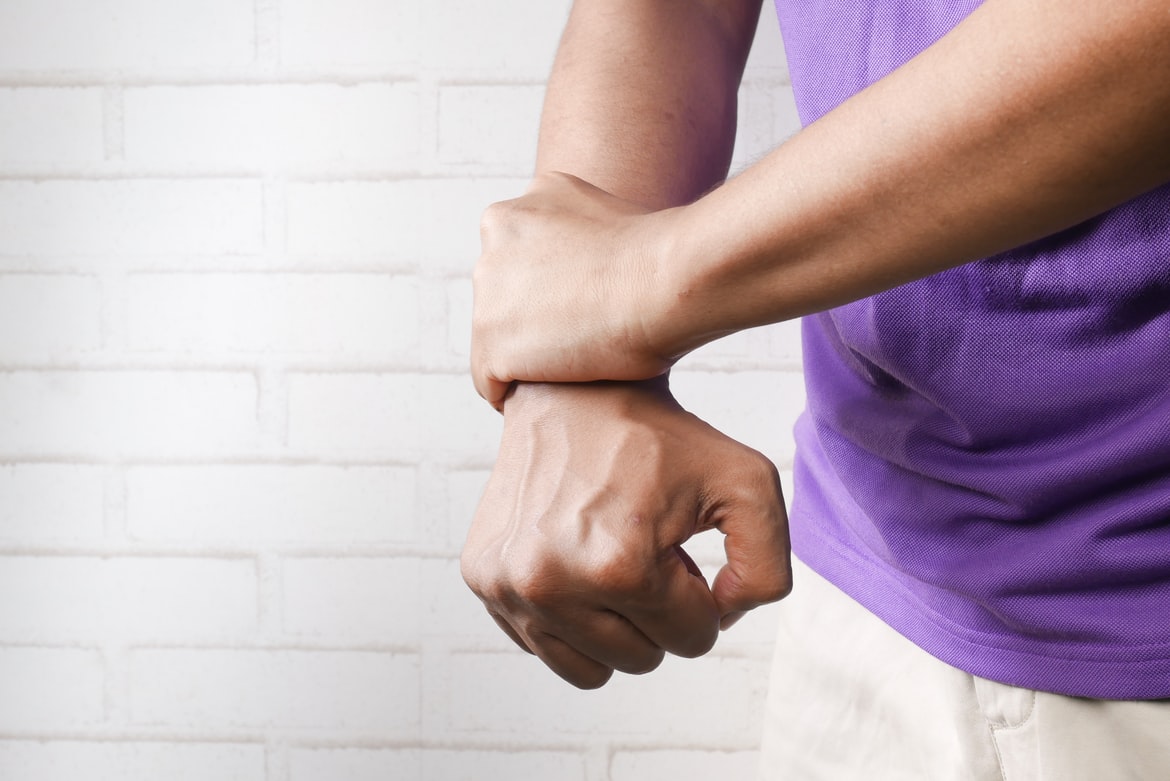Pain Management in Nigeria: Challenges and Solutions

Introduction
Pain is one of the most common health problems affecting millions of people worldwide, and Nigeria is no exception. From arthritis and back pain to cancer-related pain and sickle cell crises, many Nigerians live with untreated or poorly managed pain. Unfortunately, pain management in Nigeria faces significant challenges due to limited resources, cultural beliefs, and gaps in healthcare infrastructure.
In this article, we’ll explore the burden of pain in Nigeria, the key challenges, available solutions, and how innovative approaches—especially digital health platforms like HubPharm—can improve access to safe and effective pain relief.
The Burden of Pain in Nigeria
Pain is more than discomfort—it affects productivity, quality of life, and mental well-being. In Nigeria, common causes of chronic pain include:
-
Arthritis: Millions of older Nigerians live with joint pain from osteoarthritis or rheumatoid arthritis.
-
Back Pain: Poor posture, heavy lifting, and lack of ergonomics make back pain widespread.
-
Cancer-related Pain: Patients undergoing treatment often struggle with limited access to proper pain control.
-
Sickle Cell Disease: Nigeria has the highest burden of sickle cell disease in the world, with frequent painful crises.
Without proper management, these conditions reduce life expectancy, increase healthcare costs, and leave many people suffering in silence.
Challenges of Pain Management in Nigeria
1. Limited Access to Pain Medications
Essential pain medications, especially opioids like morphine, are often scarce due to strict regulations, cost, and poor supply chains. This leaves patients relying on over-the-counter drugs, which may not provide adequate relief.
2. Shortage of Pain Specialists
Nigeria has very few anesthesiologists, palliative care doctors, and pain management experts compared to the population. Most general practitioners are not fully trained in advanced pain management, leaving patients underserved.
3. Cultural Beliefs and Stigma
In many communities, pain is seen as a natural part of life or even a spiritual test. Some patients avoid medical care, relying on traditional remedies alone. Stigma around opioid use also prevents patients with severe pain from getting the relief they need.
4. High Cost of Care
Specialized treatments like physiotherapy, advanced imaging, and long-term pain medications are expensive and unaffordable for many Nigerians without health insurance.
Current Solutions in Nigeria
Despite the challenges, some solutions exist:
-
Hospitals & Clinics: Teaching hospitals in Lagos, Ibadan, and Abuja provide some pain and palliative care services.
-
Pharmacies: Community pharmacies offer pain relief medications and counseling, though often limited to over-the-counter options.
-
Physiotherapy Centers: Available in urban areas, physiotherapy helps with musculoskeletal and rehabilitation-related pain.
However, these solutions are not enough to meet the growing burden of chronic pain in Nigeria.
Future Solutions for Better Pain Management
For Nigeria to improve, innovative approaches are essential:
-
Digital Health & Telemedicine: Online platforms can connect patients to doctors, pharmacists, and physiotherapists for pain consultations without needing to travel.
-
Pharmacy-led Support Programs: Pharmacies can play a bigger role in monitoring patients, ensuring medication adherence, and offering counseling on safe pain relief.
-
Awareness Campaigns: Educating the public about safe and effective pain management can reduce stigma and promote earlier medical intervention.
-
Policy Reforms: Easier access to essential medications like morphine, while maintaining safety controls, can help cancer and palliative care patients.
HubPharm’s Perspective
At HubPharm Africa, we believe digital pharmacy services are key to solving Nigeria’s pain crisis. By combining technology with patient-centered care, we can:
-
Deliver affordable pain medications to patients’ doorsteps.
-
Provide virtual consultations with pharmacists and health coaches.
-
Improve treatment adherence for people with chronic pain.
-
Run education campaigns to fight myths and stigma around pain management.
This model not only improves access but also reduces the burden on overcrowded hospitals.
Conclusion
Pain management in Nigeria is a growing public health challenge. Millions of people with arthritis, back pain, sickle cell disease, and cancer are living with unmanaged pain due to lack of access, stigma, and cost barriers.
The good news is that with better systems—digital health, pharmacy-led support, and stronger awareness—Nigeria can build a future where no one has to suffer in silence.
HubPharm is proud to be part of this solution, empowering Nigerians with safe, affordable, and effective pain relief.
Written by Fawzi Rufai, Medically Reviewed by Sesan Kareem



